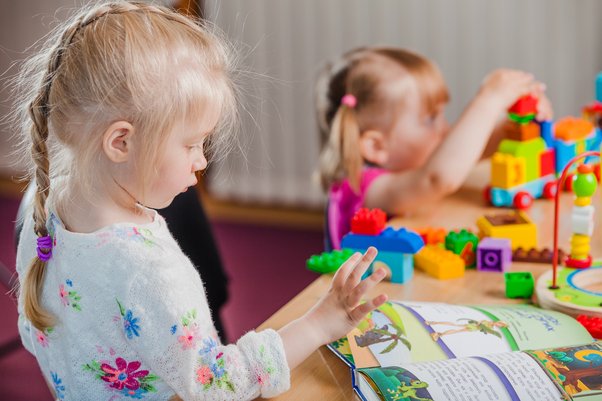Play is frequently considered to be the foundation of early childhood development, and there is a good reason for this perception. The incorporation of play-based learning into early childhood education has been demonstrated to be an essential component of a child’s educational journey during this stage of development. During our investigation into this subject, we will investigate some key points that highlight the significance of play-based learning in the education of young children.
Nurturing Creativity And Imagination
Play-based learning fosters an environment where children can explore their creativity and imagination freely. Australian educators have long recognized that imaginative play, such as role-playing and storytelling, allows children to develop their problem-solving skills and emotional intelligence. Children who are encouraged to play imaginatively develop critical and creative thinking abilities that will benefit them in all aspects of their lives.
Tailoring Learning To Individual Needs
One of the remarkable aspects of play-based learning is its flexibility. It allows educators to tailor activities to the unique needs and interests of each child. In an Australian Early Childhood training setting, this approach is particularly valuable due to the diverse backgrounds and learning styles of the children. Customized learning experiences enable educators to address individual learning challenges and maximize each child’s potential.
Building Social And Emotional Skills
In Australia’s multicultural and varied environment, it is critical to instil strong social and emotional competencies in children at a young age. Through play-based learning, kids can socialize with their classmates and gain important social skills like empathy, cooperation, and clear communication. In a society with diverse cultural backgrounds, these abilities are crucial for establishing trusting bonds and encouraging inclusiveness.
Language Development And Communication
A child’s future academic and personal success is directly proportional to their ability to communicate effectively. In a country like Australia, where there is a great deal of linguistic diversity, play-based learning is an extraordinarily important component of language development. Children cannot only increase their vocabulary but also develop the confidence to verbally express themselves through activities such as storytelling, group discussions, and cooperative play.
Encouraging A Love For Learning
Early childhood is the ideal time to instil a love for learning that can last a lifetime. Play-based learning engages children’s natural curiosity and inquisitiveness, making learning an enjoyable and exciting experience. When children associate learning with fun and play, they may develop a positive attitude toward education, setting the stage for a lifelong journey of discovery.
Integrating Indigenous Knowledge And Culture
Australia’s rich Indigenous cultures and traditions are a vital part of the nation’s heritage. Play-based learning offers an excellent platform for incorporating Indigenous knowledge and culture into early childhood education. Through storytelling, art, music, and hands-on activities, children can gain a deeper knowledge and appreciation of Australia’s Indigenous heritage, promoting cultural diversity and inclusiveness.
Preparing For Future Academic Success
While play-based learning may seem like a simple and fun approach, it lays the foundation for future academic success. Research shows that children who engage in play-based learning are better prepared for formal education. They develop strong cognitive skills, such as problem-solving , critical thinking, and mathematical reasoning, which are essential for success in the classroom.
Conclusion
In Australia, the adoption of play-based education in early childhood development is paramount. It fosters creativity, develops social and emotional skills, and promotes language. It also allows for tailored experiences and integrates Indigenous culture and knowledge. This prepares the children for academic success in the future. Play is not only a child’s hobby, but also a powerful tool to promote holistic development. Play-based learning empowers our children not only to excel academically but also to be well-rounded people who positively contribute to our diverse society.
